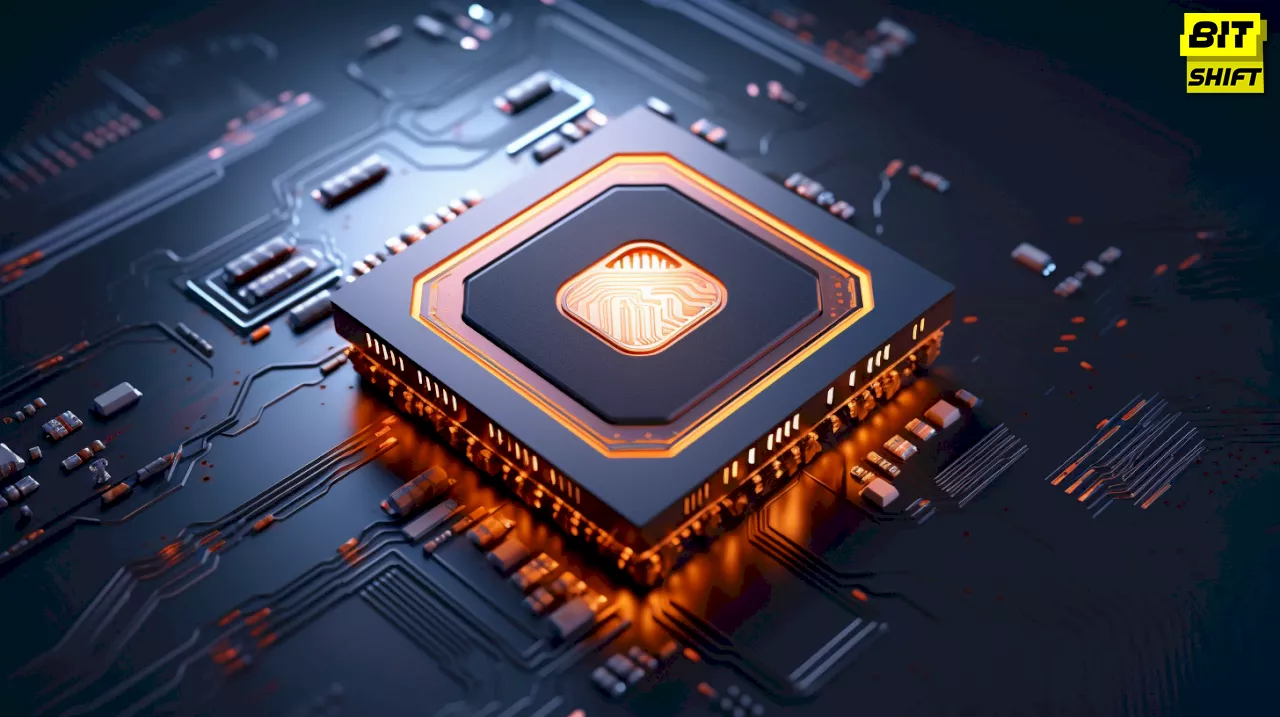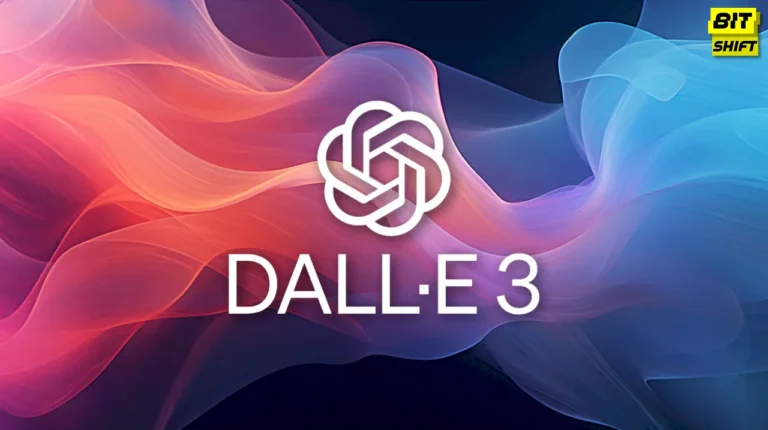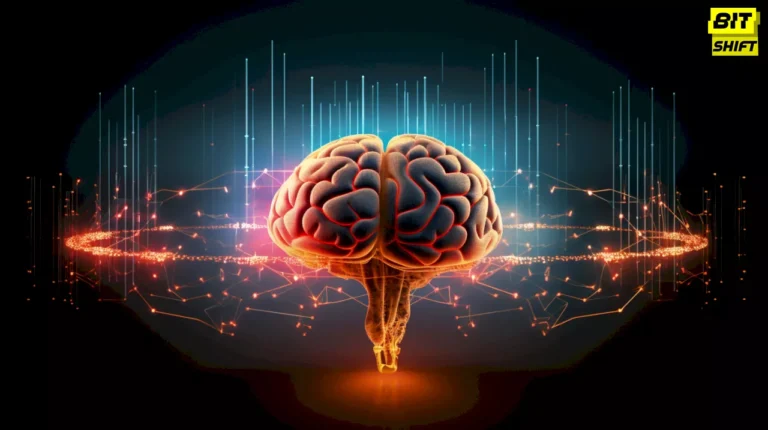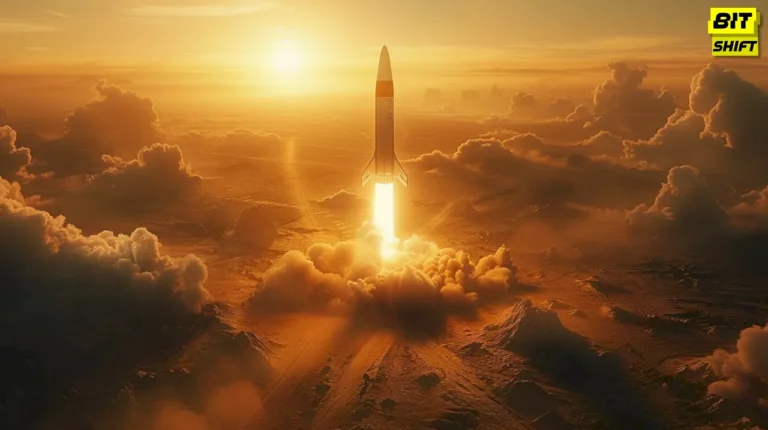
Summary
This exploration delves into OpenAI’s commitment to investing $51 million into Rain AI, a startup specializing in neuromorphic chips. It further explores the potential impacts of this decision, the challenges Rain AI might face, and the strategic benefits of OpenAI.
Despite being briefly ousted from his position as OpenAI CEO, Sam Altman’s influence in the AI landscape remains substantial. Under Altman’s leadership, OpenAI signed a letter of intent to invest $51 million in neuromorphic chips manufactured by Rain AI, a startup in which Altman personally invested.
“Investing in the future of AI with neuromorphic chips, OpenAI aims to transform the AI landscape.”
Rain AI: The Future of AI Chips
Rain AI, stationThis exploration delves into OpenAI’s commitment to investing a substantial sum of $51 million into Rain AI, a startup specializing in neuromorphic chips. It further explores the potential impacts of this decision, the challenges Rain AI might face, and the strategic benefits for OpenAI within a mile of OpenAI’s headquarters in San Francisco. It is dedicated to creating a Neuromorphic Processing Unit (NPU). This innovative chip emulates features of the human brain, promising to revolutionize the AI industry. OpenAI’s commitment to invest $51 million in these chips once they become available signifies a giant leap forward in AI development.
Altman’s Web of Investments and OpenAI’s Spendings
Altman’s network of personal investments and former role as head of the startup incubator Y Combinator have made him a prominent figure in Silicon Valley. His investment in Rain AI is not an isolated instance but part of an intricate web of investments in dozens of startups. While bringing about progress in AI, these investments have also occasionally led to conflicts of interest with his role as OpenAI CEO. Nevertheless, OpenAI’s commitment to invest heavily in AI chips underpins the company’s dedication to pioneering AI projects.
Challenges Ahead for Rain AI
Despite the optimism surrounding the development of NPUs, Rain AI faces several challenges. Due to national security concerns, the company recently faced a reshuffle in leadership and investors following the forced divestment of Saudi Arabia-affiliated fund Prosperity7 Ventures. This could potentially delay the production of the chips and impact OpenAI’s advance order.
Rain’s Brain-inspired NPUs: A Game-Changer in AI
Rain’s innovative NPUs, inspired by the human brain, promise to deliver 100 times more computing power and 10,000 times greater energy efficiency than traditional GPUs. This could significantly reduce the cost of creating powerful AI models and pave the way for actual artificial general intelligence development. Despite leadership changes and investor reshuffles, Rain remains steadfast in its mission to redefine the AI chip market.
OpenAI’s Plan to Address Hardware Needs
With Rain’s chips potentially delayed, OpenAI may need to seek other partnerships with deep-pocketed backers to address its hardware needs. Altman has not ruled out the possibility of OpenAI developing its chips, but this would require significant funding. OpenAI’s competitors, including Amazon and Google, have spent years developing their custom chips for AI projects, backed by their lucrative core businesses.
Share the Article by the Short Url:






